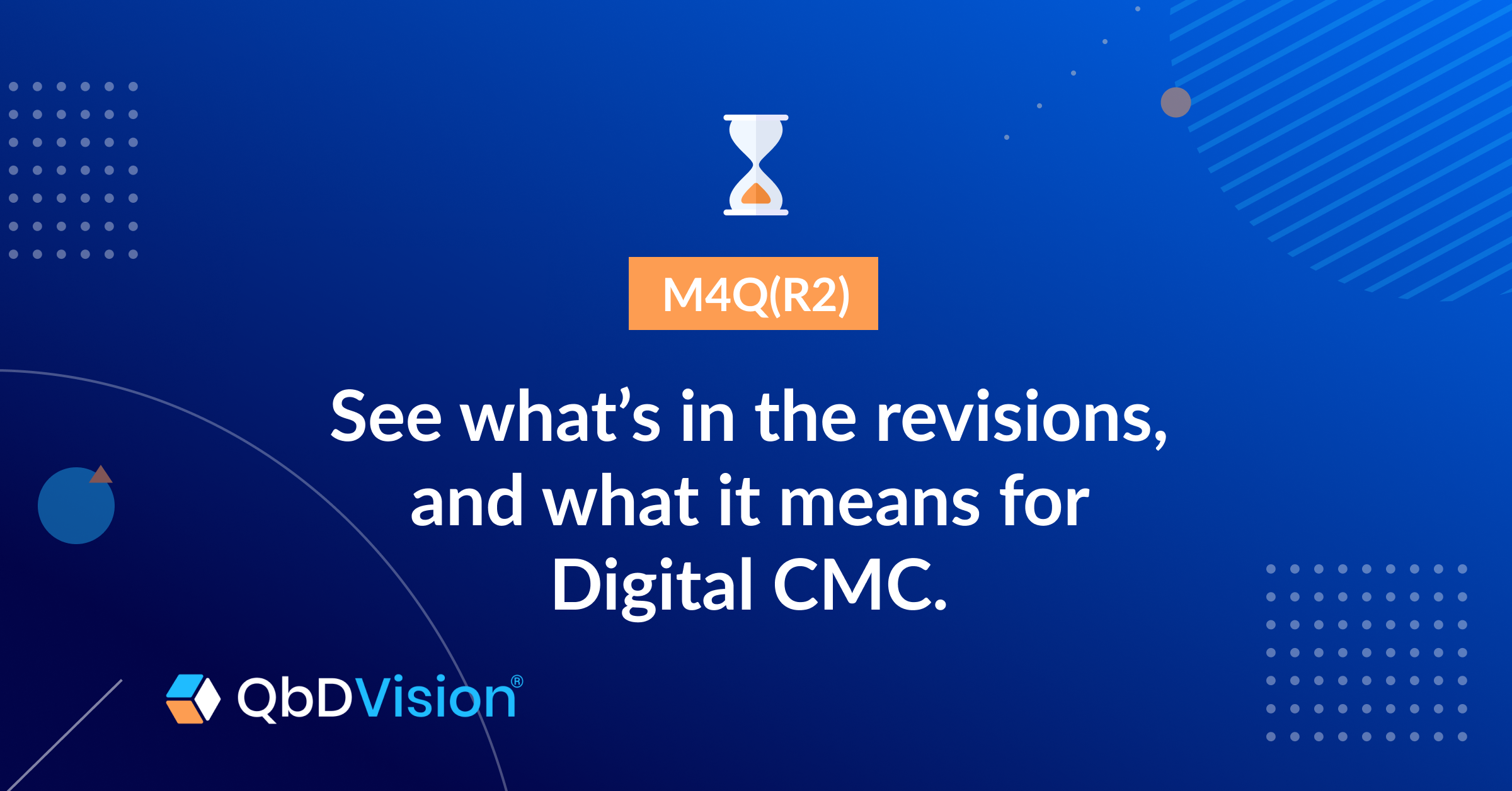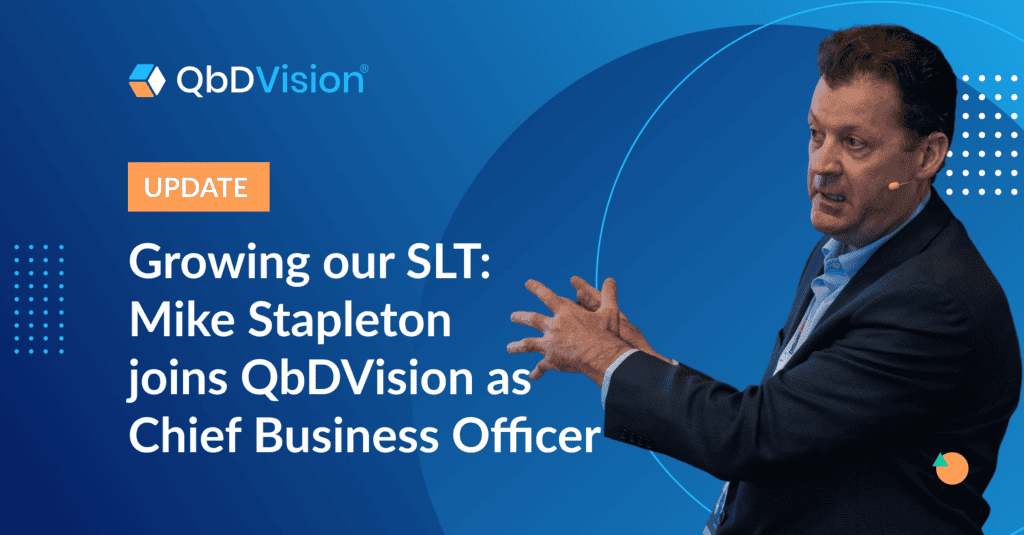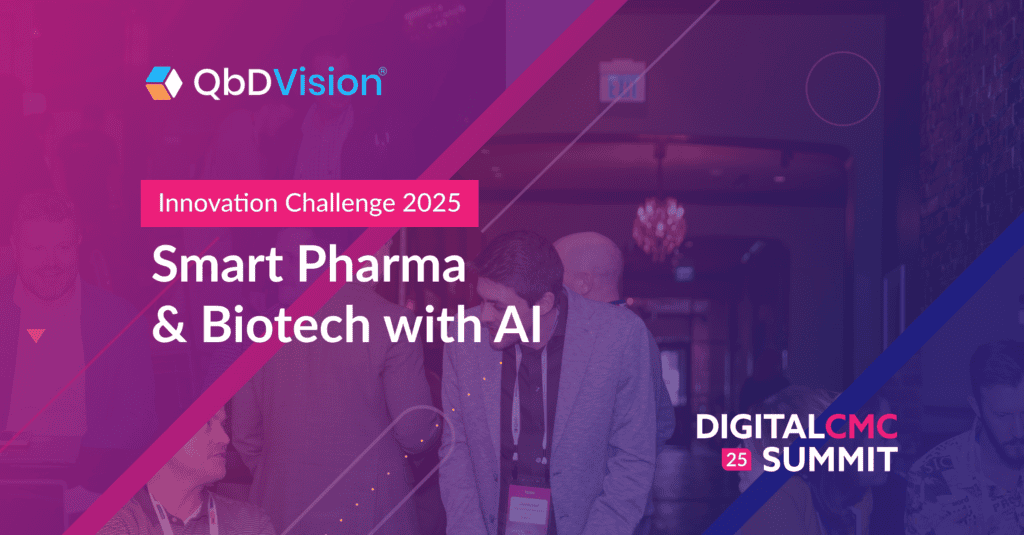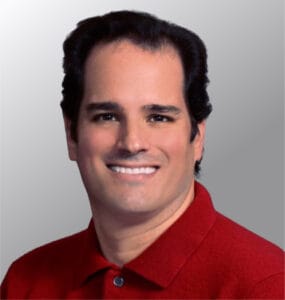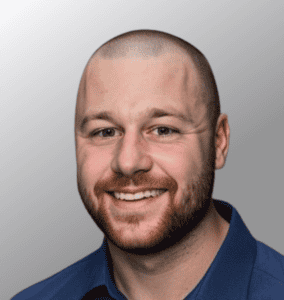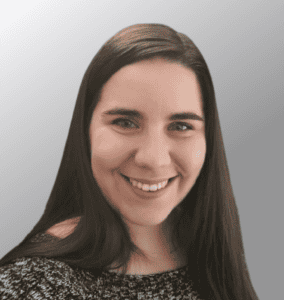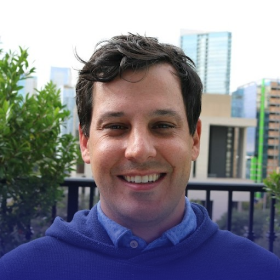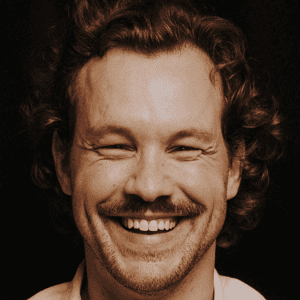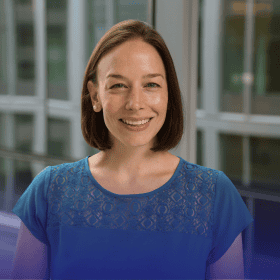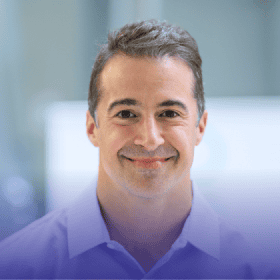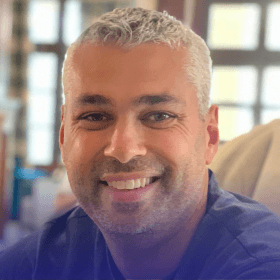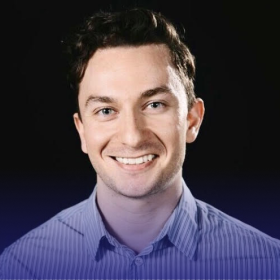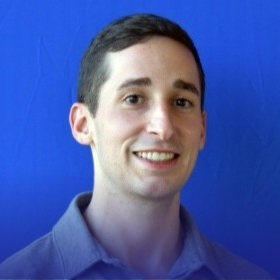Twenty years ago, the ICH took a key step toward future-proof regulatory pathways
Flash back to 2001. Destiny’s Child and Staind were topping the charts. Y2K had come and gone, and somehow all our clocks still worked.
For the drug development industry, though, the early Naughties were all about adopting the Common Technical Document (CTD). Seasoned veterans well remember the complex but invaluable process of harmonizing their submission and registration processes – and the timely arrival of ICH M4Q.
After the launch of the CTD, drug developers and regulators were both debating the “right” way to bridge the story of a new therapy from the summaries in Module 2 to the body of data in Module 3. M4Q delivered a much-needed dose of clarity, establishing a harmonized approach to structuring and formatting quality information in both modules.
But as Beyoncé, Solange, and Aaron Lewis can all tell you, a lot has changed since then.
In the twenty years since M4Q, the global therapeutic pipeline has been revolutionized by new scientific breakthroughs unheard of at the turn of the millennium. The ICH adopted six new guidelines. And a wave of digital transformation finally gathered momentum across the pharma and biotech industries – bringing it to the threshold of a new era in high-performance drug development.
Fortunately, when it comes to managing these vital quality guidelines, the ICH has already shown clear and timely foresight. In a 2021 concept paper, they laid out their vision for modernizing M4Q – and how the guideline updates will help both regulators and drug developers unlock the full potential of today’s scientific and digital innovations.
Now, at the threshold of M4Q(R2), it’s a good time to take stock of what the revisions will mean for tomorrow’s CMC programs. Welcome advances await. But capturing them will take some purposeful effort.
M4Q(R2) zeroes in on key industry challenges.
In their concept paper, the ICH highlights multiple revision drivers that came as no surprise to forward-thinking drug developers. Complex new product classes have emerged, from antibody-drug conjugates to mRNA vaccines, cell-and-gene therapies, and beyond. Data management practices have evolved alongside a new generation of digital tools designed to tap exponentially expanding lakes of life science data.
At the threshold of M4Q(R2), it’s a good time to take stock of what the revisions will mean for tomorrow’s CMC programs. Welcome advances await. But capturing them will take some purposeful effort.
But perhaps just as importantly, the industry also still faces the shopworn challenge of “organizing product and manufacturing information” in a “suitable format for easy access, analysis, and knowledge management.”
M4Q(R2) zeroes in on several much-needed areas of improvement:
- Using prior knowledge more effectively: Drug developers need stronger, more consistent frameworks for mapping accumulated process data to related product quality risks.
- Creating more robust control strategies: The “backbone of the revised M4Q structure,” these critical assets need clearer links between the Quality Target Product Profile (QTPP), the manufacturing process, “elements of the product and process development and understanding,” and an overall quality protection strategy.
- Streamlining regulatory submissions: The “efficiency and effectiveness of regulatory submissions and assessments” remains an industry pain point, one that M4Q(R2) aims to address by enhancing Module 2 of the CTD.
- Unlocking new technological advances: For the industry to integrate “emerging concepts” like advanced manufacturing and artificial intelligence, it first needs to address its long-lagging digital maturity – a goal M4Q(R2) aims to accelerate.
To help the industry achieve these goals, M4Q(R2) promises a substantial revision of the CTD Modules 2 and 3 – one that will help drug developers modernize the way they capture quality-related registrational and lifecycle management information. As the ICH alludes, this could have a transformative impact on the rate at which new therapies can be developed and delivered to patients – primarily by improving submission and assessment efficiency.
We LOVE it. So how do we get there?
The 6Es: Mapping a path to the goals of M4Q(R2)
For Regulatory and Quality stakeholders, this particular guideline update holds especially great promise for future CMC programs. Tucked in the ICH’s proposal is a vision for standardized, harmonized, and streamlined regulatory processes that help speed new therapies to patients.
The Council picks out 6 specific objectives they aim to achieve with these revisions:
- Encouraging convergence of science and integrated risk-based approaches to regulatory dossier prep.
- Explaining and defining how quality information should be organized and positioned in Modules 2 and 3.
- Enriching regulator-applicant communication, especially by enhancing lifecycle and knowledge management.
- Embracing product and process innovation.
- Enabling efficient use of digital tools for submission and assessment, in preparation for the ICH’s upcoming guideline on structured quality submissions.
- Elucidating regulatory expectations and supporting efficient assessments, decision-making, and actions.
At QbDVision, of course, we fully support every one of these objectives. But with the first iteration of MQR(R2) on the way – public consultation may start as early as Q4 2023 – we also think it’s time for Quality and Regulatory teams to take a step past vision and start thinking about alignment and implementation.
- What kind of process evolutions, workflow shifts, and review methods do these revisions and goals infer?
- And perhaps just as importantly, what kind of modernized technological toolkit will be needed in tomorrow’s ICH-compliant CMC programs?
Well, we have some ideas about that.
With the first iteration of MQR(R2) on the way – public consultation may start as early as Q4 2023 – it’s time for Quality and Regulatory teams to take a step past vision and start thinking about alignment and implementation.
And looking at the timeline to acceptance of M4Q(R2), regulatory winds will blow drug developers to those shores much sooner than later. Now’s the time to start thinking about what kind of knowledge management methods and data frameworks that need to be in place when M4Q(R2) redefines expectations for Modules 2 and 3.
Modernizing knowledge management: The path to tomorrow’s submissions leads to Digital CMC
But for many Quality and Regulatory teams, these revisions will likely turn years of gentle nudging into a firm and unmistakable shove – away from a legacy of document-centric processes and into a future of digitally native regulatory pathways. As several experts pointed out at last year’s Digital CMC Summit, that transition is very much a work in progress for many CMC programs across the industry. But it’s one that’s very much due for acceleration.
In no uncertain terms, the ICH has announced that compliant CTDs and eCTDs will soon assume – not encourage – that applicants have a well-structured knowledge framework in place for their quality data.
- Daniel Matlis, Founder and President of Axendia, Inc, has laid out a clear, leadership-level case for why CMC programs can no longer wait to transform.
- Kir Henrici, CEO of the Henrici Group, and Jack Garvey, Managing Partner of Compliance Architects LLC, have both laid out detailed digital enablement strategies for Quality teams.
- And leaders from Bayer, Sanofi, and Artisan Bio have already shared upclose looks at real-world use cases for Digital CMC technologies.
How to start building transformation momentum today
What will that effort look like? That’s where there’s much more interesting work to be done.
While the ICH notes that “the structured pharmaceutical quality submission is beyond the scope of M4Q(R2),” the ultimate goal is clear – this guideline is a stepping stone toward fully unified, consistently structured, globally implemented submission and registration frameworks. The rubber hits the road when we ask: what will that structure look like? And how will drug developers adopt and deliver it?
Well, we think we have some pretty good answers to those questions – and if you’re interested in the power and potential of modernizing your CMC data resources, let’s talk. We’d love to share how our solution can help solve some of drug developers biggest knowledge management challenges, and how tools like our Technical Report Builder are already helping users automate development of key CTD modules and shave weeks off their reporting timelines.
Reach out to our team any time, and we’ll be happy to share our excitement about the promise of M4Q(R2), and how we can help you pave the way to efficient, digital-first regulatory submissions.
GET IN TOUCH
See what Digital CMC can deliver for your program.
Reach out to our team of experts to learn more about how to prepare for M4Q(R2), and how QbDVision can help automate and accelerate key compliance steps.
